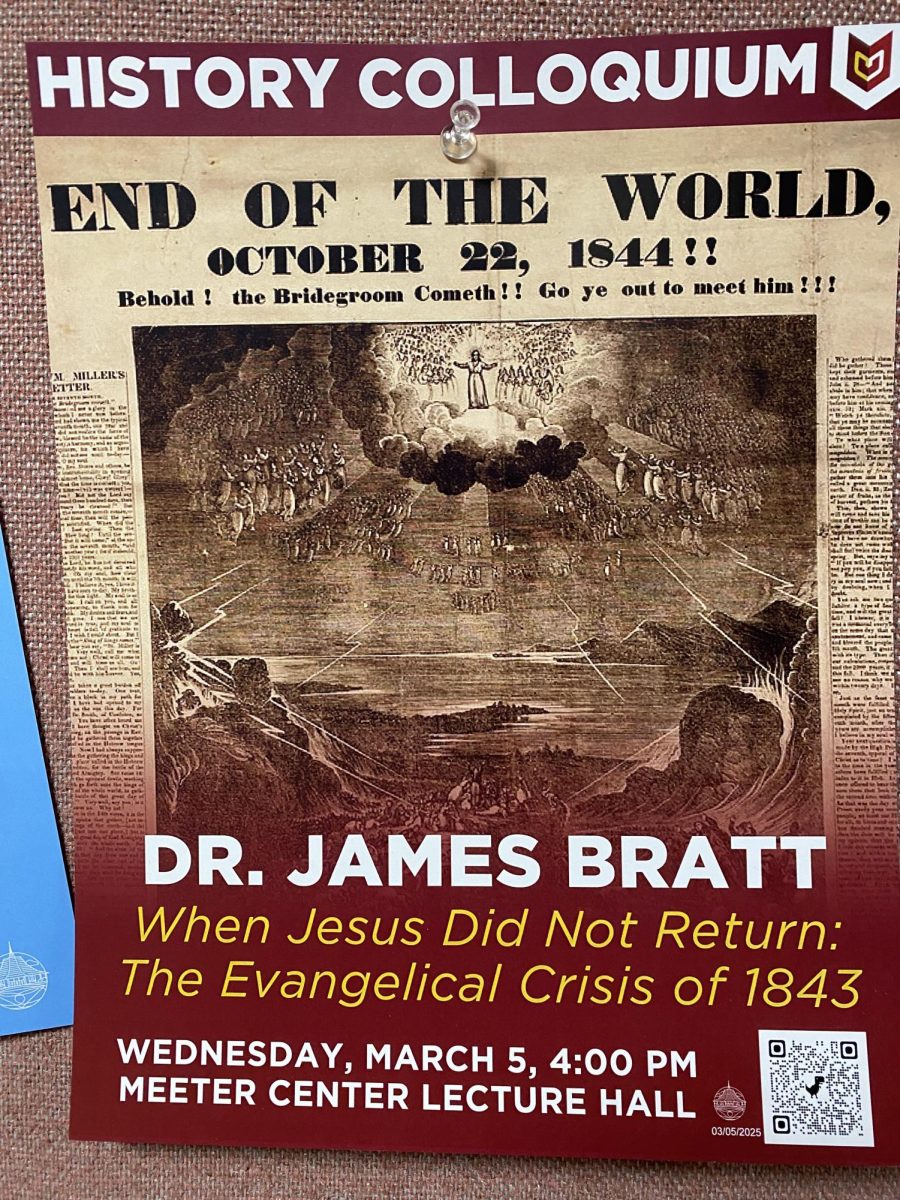South Carolina governor Nikki Haley, President-elect Trump’s nominee for U.S. Ambassador to the United Nations, will be the highest-ranking woman of Sikh heritage in American government history, if confirmed.
Sikhism was born in India in the 15th and 16th centuries. Sikhism is a monotheistic faith that believes that unity with god is achieved through a rejection of the five thieves (ego, anger, greed, attachment and lust) and a lifetime of service to humanity.
Furthermore, Sikhs have a long and distinguished history of military service in both the United States and countries around the world given the value Sikhism places on resisting oppression. Additionally, the Sikh scripture, Guru Granth Sahib, is strongly in favor of equality between men and women and equality in general, a stark departure from traditional Indian culture that divided society into different castes.
The Sikh faith came to America over 100 years ago and has faced an uphill, sometimes bloody, battle to achieve equality. After the terrorist attacks of September 11, Sikhs were the victims of many hate crimes because of the similarity of their outward appearance to that of Muslims. The Sikh faith requires its male members to wear a turban and keep their facial hair unshaven.
These physical similarities resulted in horrific stories like that of Pabhjot Singh, who was assaulted by five young men near Central Park who punched and kicked him after screaming “Terrorist, Osama, get him.”
Years after 9/11, hate crimes against Sikhs continue to terrorize the community, for example the mass shooting at a Sikh Temple in Milwaukee, Wisconsin, that killed six people in 2012.
The exact number of Sikhs in the United States is difficult to measure with any certainty, because the U.S. Census Bureau doesn’t collect information regarding respondents’ religious beliefs. Estimates from the 2010 Religious Congregations and Membership Study put the number of gurdwaras, or congregations, at 246, and the actual number of adherents as somewhere between 200,000 and 500,000.
Sikhism has had a perpetual relationship with the American court system as the subject of religious freedom debates. These debates revolve around the five articles of faith Sikhs are required to have on them at all times: Kesh (uncut hair), Kara (a steel bracelet), Kanga (wooden comb), Kaccha (cotton underwear) and Kirpan (dagger). The Sikh prohibition against cutting one’s hair has prohibited many from serving in the United States Armed Forces, which has strict requirements on facial hair length.
Moreover, the Kirpan, short steel dagger, can be thought of as a weapon, which creates a problem for Sikh children attending public schools. The U.S. government has worked with the Sikh population to institute religious exceptions to the grooming requirements of Sikhs in the military, and some states like California have allowed Sikh students to tightly sew dull bladed Kirpans into their sheaths so they would not be dangerous or capable of being drawn.
Though Governor Haley is a practicing Christian, she still attends the occasional Sikh service with her parents. Her heritage may provide motivation to protect religious minorities around the world.
Haley was the subject of racial slurs in her 2010 campaign for governor when a Republican state senator called her and President Obama “ragheads,” and she has recently been insulted by Ann Coulter on Twitter, wrongly identifying her as an immigrant and implying that meant she “does not understand America’s history.”
If Haley is confirmed as the next U.S. Ambassador to the United Nations, she will surpass former congressman Dalip Sing Saund, a three-term representative from California who suffered a stroke just before his 1962 re-election bid, as the highest-ranking member of the U.S. government to have a Sikh background.






